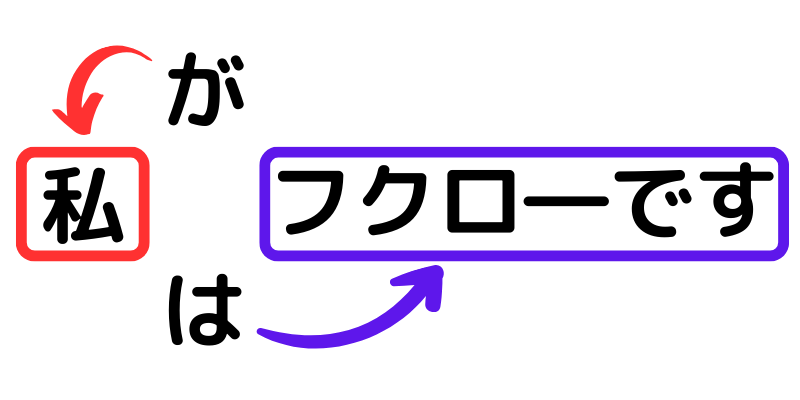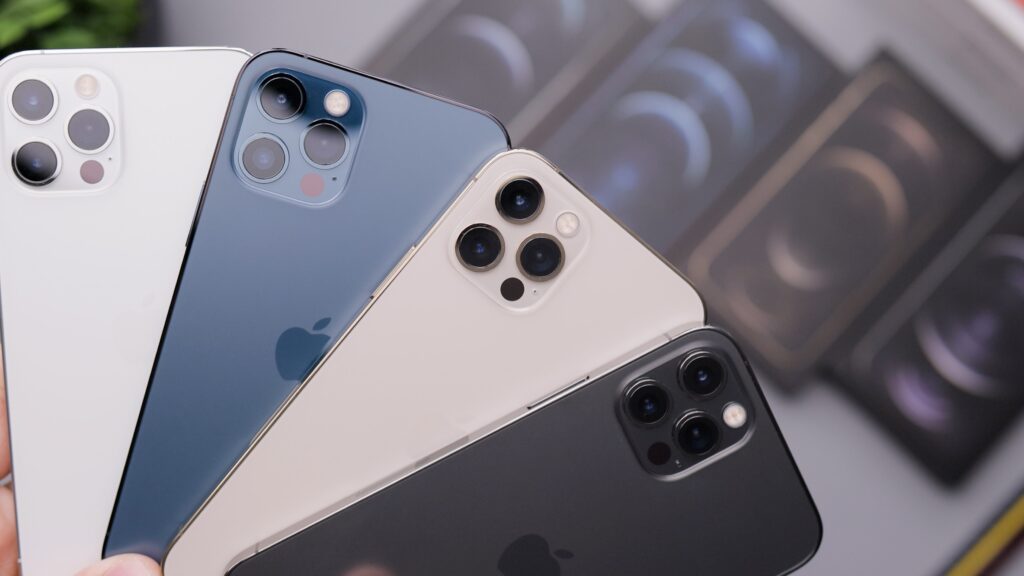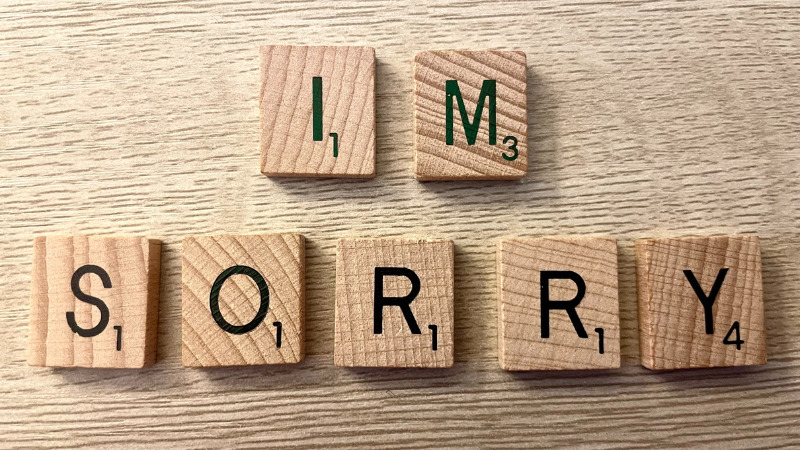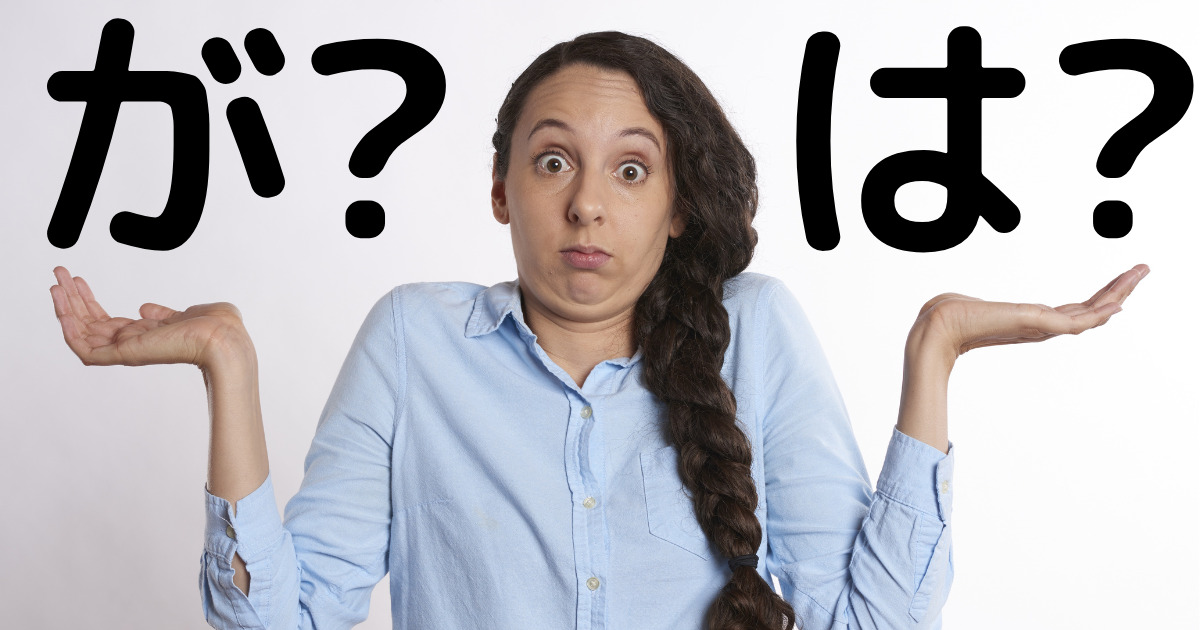Usage of Japanese particles is a significant challenge that Japanese learners should overcome to be able to use natural Japanese.
Especially, ga(が) and wa(は), which come with the subject in the sentence, often cause confusion because there isn’t such particle in Englsih.
If you read this article, you can tell the difference between が and は clearly.
Let’s get started!
Contents
Grammatical roles of が and は
が and は, frequently-used particles in Japanese, don’t have any meaning by itself, but play an important grammatical role in sentences: to bring its subject into the sentence.
私はフクローです。(I am Fukuro.)
Without the particle は, it’s hard to introduce yourself unless someone asks who you are or what your name is.
That is, it works as an assistant to make it clear who Fukuro is.
It’ll be a big help for you to remember the particles’ role in the sentences.
Why are there two types of particles coming with the subject?

So, why are there two types of particles coming with the subject, が and は ?
The answer is that each one plays a different role in the sentence along its context.
Roughly speaking, が is used to emphasize the subject which precede が.
On the other hand, は is used to emphasize the predicate which follows は. Also, it can be used in a situation that you imply something else which is not mentioned directly.
Then, let’s have a close look at when to use が and は concretely.
When to use が and は
When you choose one from two or more choices → が

Imagine you have lost your black smartphone in a shopping mall.
Then you ask the lost and found if it’s picked up by someone.
They say they have 4 smartphones that customers have brought. They are shown in front of you.
Woman of the lost and found: あなたのスマホ1はどれですか? (Which one is yours?)
You: これが、私のスマホです。(This one is mine.)
Here, you want to say THIS IS THE ONE you’ve lost, not the other 3.
Since it is “this”, the subject, that you need to put an emphasis on, you use が in the conversation.
If you use は in this situation like “これは、私のスマホです”, you rather put an emphasis not on your smartphone, but on the other 3.
It might sound like “I have no idea about whose smartphones the other 3 are”.
- In Japanese katakana, a smartphone is スマートフォン, but people usually call it スマホ for short. ↩︎
When you put a particle after a subject in a clause → が

Imagine you had an argue with your partner and one of your friends give you an advice about what you should do next to fix the relationship.
Your friend: 僕がベストだと思う方法は、彼女にあやまることだよ。(The way I think is the best is to apologize her.)
Here, the subjective clause is “The way I think is the best” and the predicate clause is “to apologize her”.
This sentence has two focuses in terms of the meaning.
The first one is included in the subjective clause: it’s your friend’s idea, not yours, to apologize her.
The second is in the predicate clause: the apology is important.
As for the first one, the subjective clause contains one subject “僕“, so that you put が after the subject.
When the focus is on the predicate → は
When you introduce yourself like “私はフクロ―です。(I am Fukuro.)”, the important information is the name in the predicate which clearly identifies you.
So you use は in this context.
When you imply what is not mentioned directly→は
Imagine that you joined a cooking class with some friends.
It seemed that everyone except you didn’t really have fun in the class.
Then, if you say, “私は楽しかったと思うよ”(I think the class was fun), you imply that “I don’t really know how others feel about the class, but I had fun in the class anyway”.
You use は in this context because you indirectly refer to what the others feel by expressing just only what you think about the class.
Quiz

Which particle, が or は, is better for each sentence?
1. 私[が/は]一番きらいな食べものはニンジンです。(The food I don’t like the most is carrots.)
Answer: が
Because が is included in a subjective clause.
2. あのスマホ、色[が/は]好きなんだけどなあ。
(I like the color of that smartphone though.)
※What he means is that he doesn’t like the functions of the smartphone.
Answer: は
Because he implies something else that is not mentioned directly.
3. この本[が/は]、日本料理について書かれています。(This book is written about Japanese cuisine.)
Answer: は
Because the main focus of the sentence is on the theme of the book, not on “this book”.
Wrap-up
We have been looking at how to distinguish between が and は.
Now you know you need to be able to tell on what the speaker wants to put an emphasis in the context.
I hope this article helps you understand how to use が and は.
If you have any questions, feel free to use the contact form.
Bye for now!



コメント
Hi, this is a comment.
To get started with moderating, editing, and deleting comments, please visit the Comments screen in the dashboard.
Commenter avatars come from Gravatar.